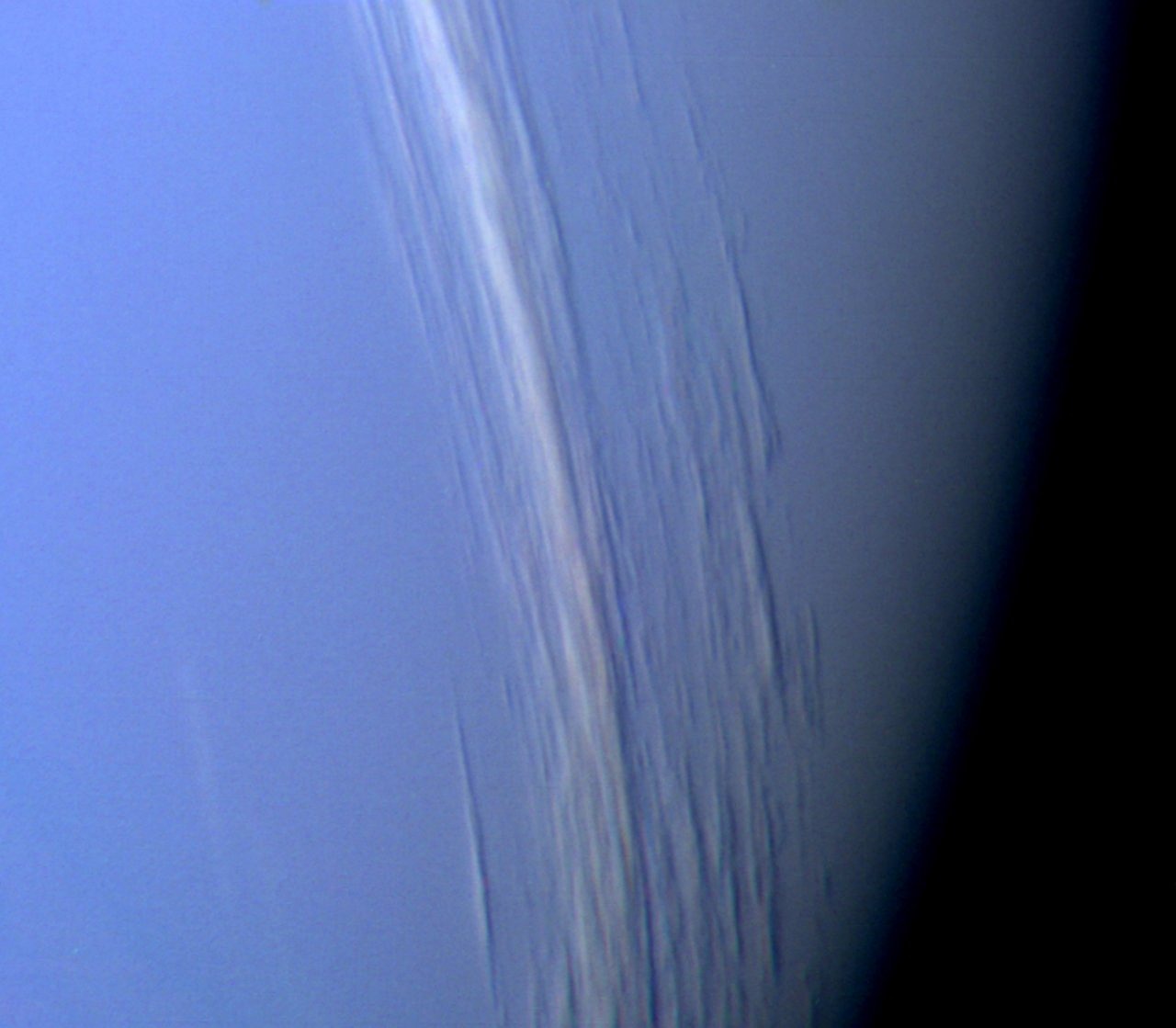Neptune, the Roman deity governing the sea, shares his roots with the Greek god Poseidon. Initially revered as a god of freshwater, Neptune’s identity evolved as he adopted Poseidon’s characteristics during the integration of Greek and Roman mythologies. He inhabits an opulent palace beneath the ocean’s surface, ruling over a domain filled with sea gods and various marine entities.
As the offspring of Saturn (akin to the Greek Cronus) and Ops (comparable to Rhea), Neptune stands alongside his brother Jupiter (Zeus in Greek lore), making him the second most formidable figure in Roman cosmology.
Birth and Origins
In a bid to retain control, Saturn ingested Neptune along with his siblings. However, Ops took desperate measures to ensure their survival, leading to their eventual rebirth after Saturn was forced to regurgitate them.
The three brothers, Neptune, Jupiter, and Pluto (the Roman Hades), drew straws to determine dominion over the realms of existence. Neptune claimed the waters, Pluto was granted the underworld, and Jupiter assumed authority over the skies. Although generally devoted to Jupiter, Neptune once conspired with Juno (Hera) and Minerva (Athena) to dethrone him. Jupiter’s ensuing wrath resulted in Neptune’s exile to the depths of the sea.
Neptune married Salacia, mirroring the water goddess Amphitrite, and their union birthed several offspring, including Triton, Rhodes, and Proteus. Mirroring his brother’s infidelities, Neptune fathered children with various other beings; notably, he had an affair with Ceres, resulting in the birth of Arion, a horse that would often assist Neptune in his aquatic travels.
Physical Depiction and Abilities
Neptune is typically depicted with dark flowing hair and adorned in a vibrant azure robe. Literary sources from figures such as Ovid and Virgil provide contrasting accounts of his demeanor, portraying him as both moody and serene. The god wields a distinctive three-pronged trident endowed with remarkable powers, enabling him to manipulate nature, summon storms, and forge new bodies of water.
Often seen cruising on a dolphin or a grand seashell alongside Salacia, Neptune is accompanied by an entourage of sea beings, including his son Triton, who heralds his approach by blowing into a seashell trumpet, calming turbulent waters.
Encounters with Mortals
Neptune’s plot to overthrow Jupiter resulted in a punishment of servitude to mortals. He traversed the earth seeking work and eventually crossed paths with Phoebus (Apollo), also under Jupiter’s disfavor, leading both deities to Troy. There, they struck a deal with King Laomedon: Neptune would erect towering walls while Phoebus provided shepherding services in exchange for rewards.
Upon completing their tasks, King Laomedon reneged on the agreement, provoking the wrath of the gods. Neptune unleashed floodwaters upon Troy, while Phoebus sent a devastating plague. Faced with these calamities, Laomedon consulted an oracle, leading to the grim sacrifice of his daughter, Hesione.
Amidst his journey, Hercules intervened and slew the monster terrorizing Troy in exchange for divine horses, yet Laomedon failed to honor this agreement too, leading Hercules to exact revenge by eliminating the king.
Creator of Horses
Ancient Greeks credited Neptune with the creation of horses, attributing to him a legendary competition against Minerva to name Attica’s city. Although Neptune birthed the first horse from the earth’s soil by striking his trident, the gods ultimately deemed Minerva’s olive tree more advantageous, allowing her to claim the honor.
Neptune’s influence extended to other creatures as well; he sent a magnificent bull to Minos, who sought to sacrifice it to honor him. However, Minos deceived Neptune, resulting in chaos and punishment that manifested in various forms, including causing his wife Pasiphaë to fall for the bull.
The Aeneid and Neptune’s Role
Virgil’s epic, the Aeneid, chronicles the initiatives of Aeneas, a figure escaping Troy’s downfall, who encounters tumultuous seas. Neptune intervenes during storms, combating chaos instigated by Juno. His timely actions safeguard Aeneas’s voyage, exemplifying his role as a vital protective force.
In numerous instances, Neptune’s association with Troy remains evident, highlighting the lasting legacy of his influence on the city’s defenses.
Devotion and Cultural Impact
Though Romans were less maritime than Greeks, Neptune retained a notable presence, primarily through a singular temple in Rome, positioned between the Aventine and Palatine hills. The Neptunalia festival, celebrated on July 23, involved sacrifices and festivities aimed at garnering his favor to alleviate water shortages amidst summer’s dry heat.
In homage to his legacy, Neptune’s name found its way to celestial bodies, as the eighth planet was named on suggestions by astronomer Urbain Jean Joseph Le Verrier after its discovery in 1846.



